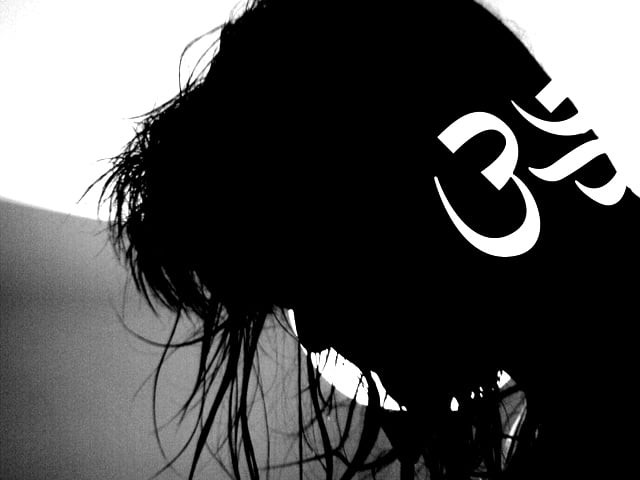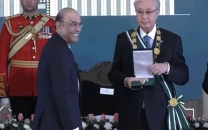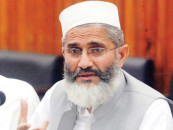Caste Away
Scheduled caste Hindus of Sindh are learning to help themselves.

People belonging to the scheduled caste mostly find jobs as cobblers, tailors or farmers. DESIGN: JAHANZAIB HAQUE
Extortion, harassment and kidnapping for ransom, alleged forced conversion – their problems are many, although Hindus play a vital role in strengthening the country’s economy. But the situation of scheduled caste Hindus is worse.
“Most oppressed are the scheduled or low caste Hindus including Meghwar, Oad, Bheel, Bagri, Malhi and Kolhi,” said Viesh Kumar Meghwar, a lecturer at Engro College Daharki. In addition to discrimination from non-Hindus, these low caste Hindus called “Shudras” by the upper caste Hindus are often not allowed to worship in their temples.
“There are four reserved seats for minorities in Senate, ten in the National Assembly and 23 in the provincial assemblies, but not a single seat is reserved for the scheduled caste Hindus,” says Meghwar, adding that for Hindus “there are 20 seats in the parliament, three ministries and one post of advisor, but no seat is reserved for us.” However, he confirmed that to appease scheduled caste Hindus, Dr. Khato Mal Jevan was given a seat in parliament after the murder of Shahbaz Bhatti.
Giving examples of the kidnapping of Marvi Meghwar from Khairpur two years ago and the sexual assault of Vajanti Meghwar of Tharparkar, he adds that neither the government nor the media took up the matter as a cause. “Malala Yousafzai was sent to the UK for treatment, but nobody came to our rescue,” he complains.
Hindus belonging to scheduled caste don’t burn their dead but bury them, for which they have to purchase land themselves, as no land is allocated by the government for this purpose.
People belonging to the scheduled caste mostly find jobs as cobblers, tailors or farmers. “But a lot of our people are working as bonded labour,” he says.
Yet, in the face of discrimination, scheduled caste Hindus seem to be coming of age. “Our people have realised that our survival is in educating our children. We have to struggle hard to change our fate, because nobody else is going to do this for us.”
Published in The Express Tribune, March 30th, 2013.



















COMMENTS
Comments are moderated and generally will be posted if they are on-topic and not abusive.
For more information, please see our Comments FAQ